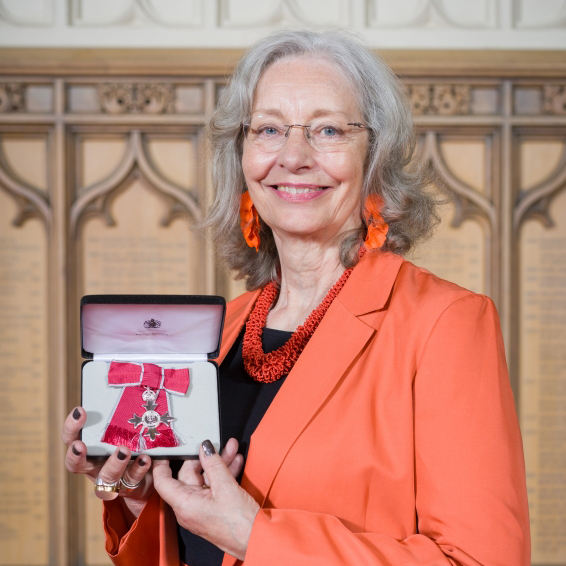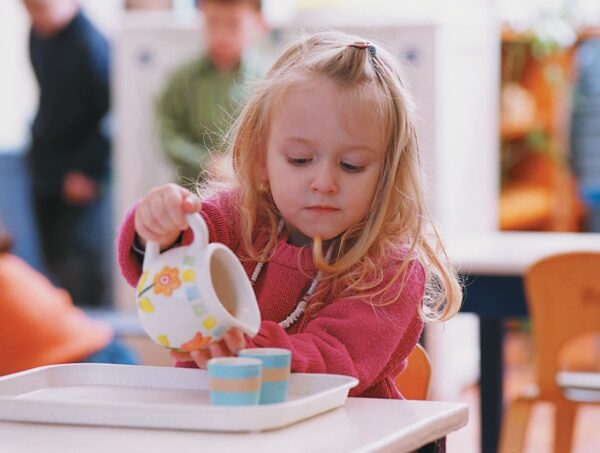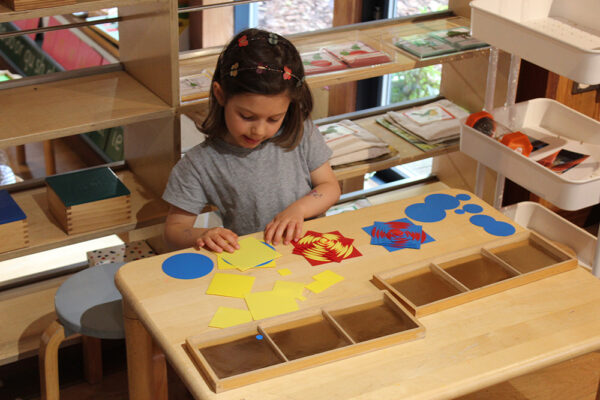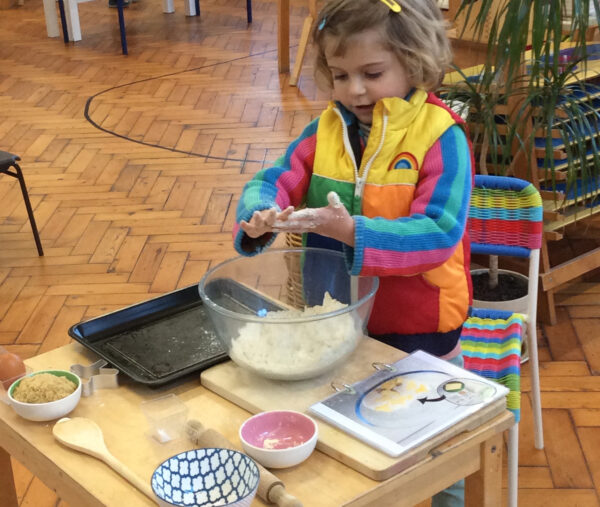As children and young people across the country head back to school this month, millions of families are facing a reality far removed from the cheerful “back to school” imagery that fills our shops and social media feeds. For many parents, the return to school brings anxiety rather than excitement – the dread of another year battling school refusal; the fear of escalating fines and legal action for low attendance; the heartbreak of watching their child suffer.
When parents have to carry their children out of the house because they’re terrified of going to school; when children hide in cars to avoid the journey; when they stop speaking entirely because attending lessons feels impossibly stressful – these aren’t the actions of difficult children. These are desperate signals from young people telling us that our education system is not meeting their needs because it is fundamentally broken.
Across the country, families are experiencing the stark reality of Britain’s escalating school refusal crisis. Across England, 1.28 million children – nearly 18% of all pupils – were persistently absent in autumn 2024. While this represents a decrease from the previous year’s 19.4%, it remains astoundingly high compared to pre-pandemic levels of nearly 11%. We’re not dealing with a temporary blip; we’re witnessing the symptoms of systemic failure.
The Hidden Cost of Educational Compliance
The current response to school refusal reveals a profound misunderstanding of the problem. Parents face fines, court proceedings, and social services investigations. Children are labelled as school refusers, truants, or problem cases. Yet school refusal is rarely about defiance – it’s often about survival.
For many children, the traditional classroom environment isn’t just challenging – it’s genuinely harmful. The sensory overload of 30-plus children in a small space, the rigid adherence to schedules that ignore individual needs, the relentless focus on standardised testing and comparison all represent daily assaults on wellbeing.
The impact extends far beyond missed lessons. Families find themselves navigating endless appointments with support workers, therapists, psychologists, and psychiatrists. Everyone’s mental health deteriorates as they battle not just school refusal, but a system that seems designed to pathologise rather than accommodate and enable difference.














